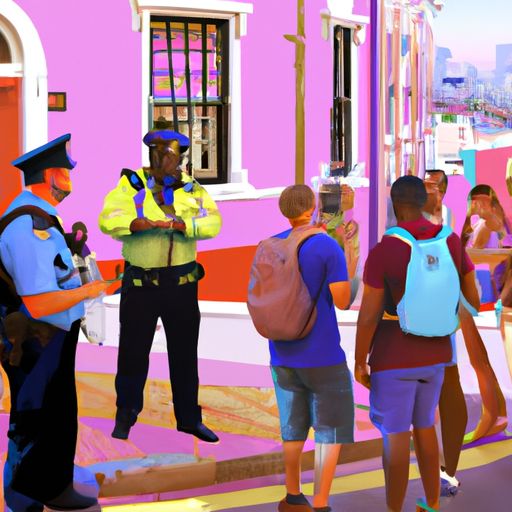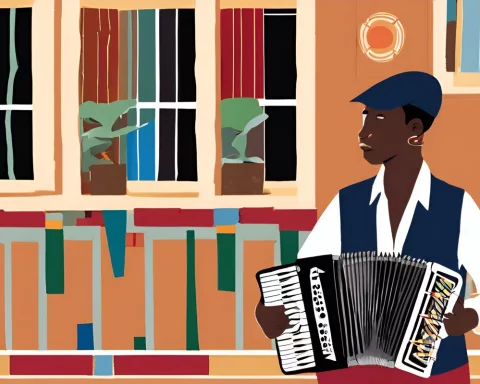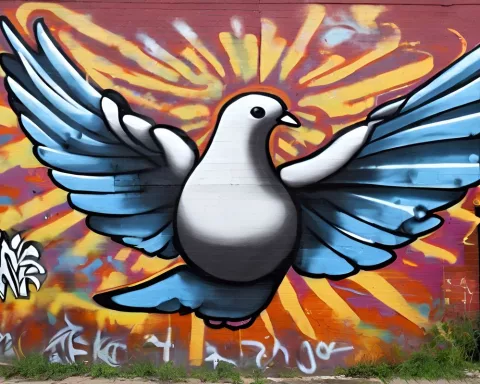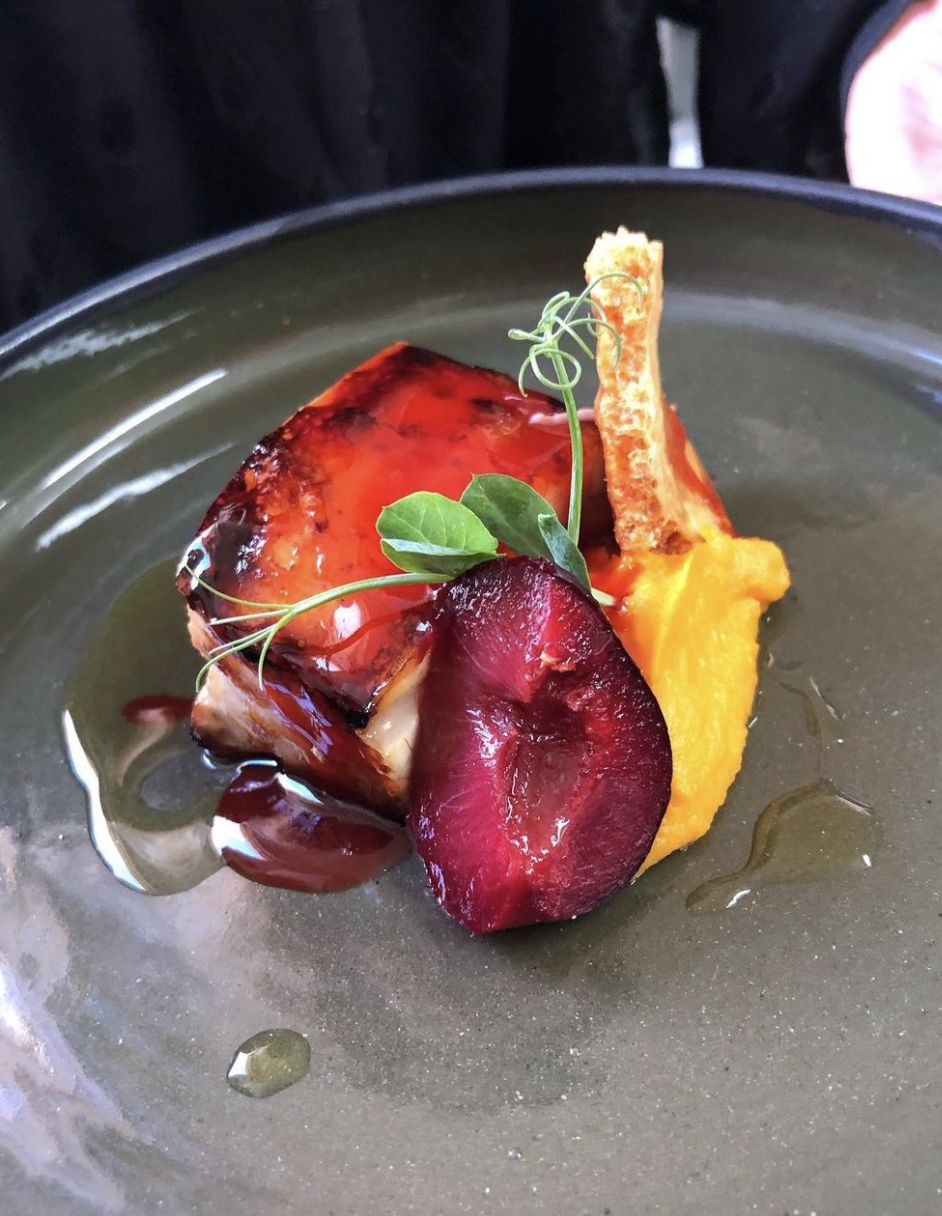South Africa is a land of diversity and one of the most exciting destinations for tourists. The country boasts of spectacular natural landscapes, breathtaking coastlines, and rich cultural heritage. One of the most colorful and vibrant areas in South Africa is the Bo-Kaap area in Cape Town. The area is known for its brightly painted houses, rich history, and unique culture. However, recent incidents of robbery targeting tourists in the area have raised concerns about tourist safety.
Bo-Kaap: A Historical and Cultural Gem
The Bo-Kaap area is a historical and cultural gem that has become a popular tourist attraction over the years. The area is home to the Cape Malay community, which traces its roots to the 17th century. The community is known for its unique cuisine, music, and traditions. The area is also famous for its colorful houses, which were originally painted to indicate the cultural and religious identity of its residents.
The Bo-Kaap Museum is one of the most popular tourist attractions in the area. The museum explores the history and culture of the Cape Malay community and provides visitors with an opportunity to learn about the community’s traditions and way of life. The museum is located in a beautifully restored 18th-century house and is a must-visit for anyone interested in South African history and culture.
Concerns About Tourist Safety
While the Bo-Kaap area is a popular tourist destination, recent incidents of robbery targeting tourists have raised concerns about tourist safety. In one incident, a South Korean woman was assaulted and robbed while walking down Chiappini Street. The incident was captured on video, and the victim was lucky to be rescued from harm’s way. However, the incident has raised serious concerns about the safety of tourists in the area.
The South African government and local authorities have been working hard to promote tourism in the country. However, incidents like this highlight the need for stronger measures to protect tourists and ensure their safety. The authorities must work together with the local community to tackle crime in tourist areas and improve security measures to protect the wellbeing of visitors. Increasing the visibility of law enforcement officers and community policing initiatives can help promote a safer and more secure environment for tourists.
Conclusion
The Bo-Kaap area in Cape Town is a unique and vibrant destination that offers visitors a glimpse into the rich history and cultural heritage of South Africa. The area is known for its brightly painted houses, rich traditions, and delicious cuisine. However, concerns about tourist safety must be addressed to ensure that the area remains a popular destination for visitors. The South African government and local authorities must work together to improve security measures and promote a safe and secure environment for tourists. By doing so, tourists can continue to enjoy the beauty and diversity of South Africa without fear of violence or crime.












